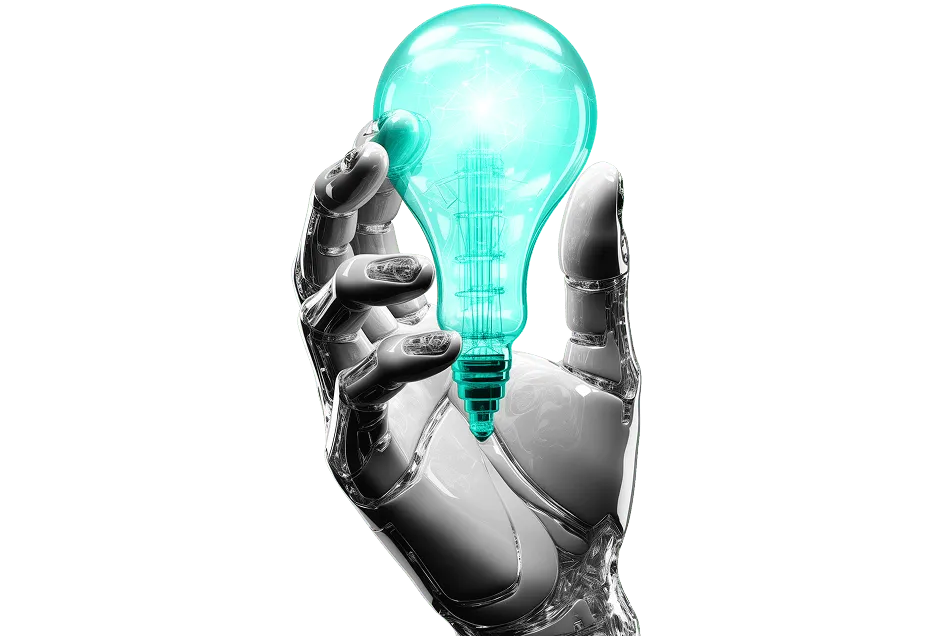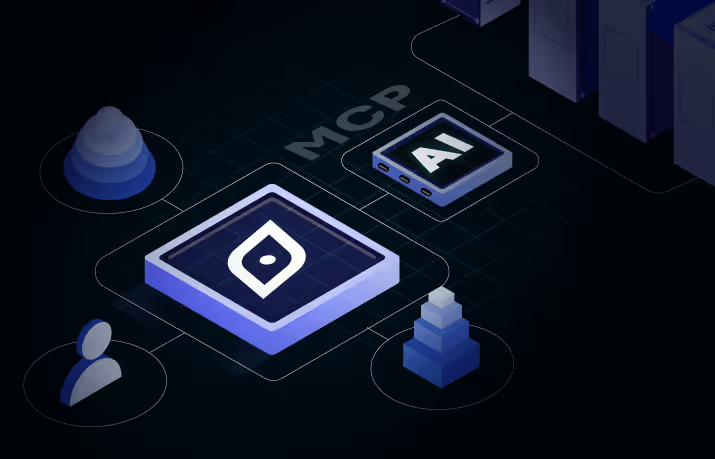Why AI Is Vital for Strategic Talent Management in the Talent War
The ever-increasing talent gap, combined with the lack of effective acquisition strategies and employee engagement, is hurting strategic talent management and has escalated into a modern-day talent war. Organizations today are fighting two battles: one to attract and recruit talent, and another to retain and engage existing employees. In such a time, AI is vital to winning the talent war.
How AI Is Transforming Strategic Talent Management in the Face of a Global Talent Crisis
It is true that COVID-19 disrupted strategic talent management and severely impacted many organizational systems previously used to manage talent. However, with the arrival of AI in strategic talent management, enterprises are now better equipped to handle talent challenges during a crisis like this.
Technology and data-driven processes continue to transform every aspect of today’s HR operations. Whether it’s automating laborious tasks or analyzing a mass of HR analytics, talent management with AI has emerged as the most-suited tool for modern HRs.
Let’s have a look at how AI can be vital in winning the talent war.
AI as an effective recruiter
With the pandemic pushing the boundaries of remote work & recruiting going the online route, strategic talent management teams are witnessing a rise in AI use cases in recruitment. Effective recruitment is an integral part of the ongoing talent war and has to be taken care of.
In the next few years, finding top talent will depend on a recruiter’s ability to intelligently automate their workflow and unearth insights into their talent pool. AI is enabling more efficient hiring, fairer resume screening, and smarter shortlisting, key components of strategic talent management.
AI in recruitment is helping enterprises:
- Engage candidates by incorporating modern technologies with AI-backed insights.
- Conduct effective onboarding as an experience to remember.
- Eliminate recruitment bias and hire with fairness.
- Become diverse and inclusive by accessing a wider talent pool and hiring from diverse areas.
- Craft personalized employee experiences that engage them.
- Match candidate intentions with business intentions and understand the compatibility of the two.
In the coming years, AI will reshape the recruiter role, enabling more proactive hiring, better assessment of culture fit, and stronger collaboration with hiring managers through data-driven KPIs like quality of hire. This shift supports a broader focus on strategic talent management.
AI as a workforce planner
In today’s fast-moving economies, the workforce is arguably the most important tangible asset for most organizations. Yet, despite its importance, strategic talent management is often lacking, workforces are not carefully planned, measured, or optimized. As a result, most organizations are not sufficiently informed of the current or future workforce gaps that will limit the execution of business strategy.
The global talent landscape is shifting faster than ever. Digital transformation, the pandemic, cultural developments, and the need for D&I have strongly contributed to this shift.
HR leaders of 2021 are stuck in a situation where having an unplanned workforce can push their organizations back by years, and they do not have enough data to do it on their own. However, AI in workforce planning is revolutionizing strategic talent management and is enabling enterprises to take a leap further in this talent war.
Workforce planning powered by AI is helping enterprises:
- Leverage a 360-degree view of the talent ecosystem
- Forecast and analyze talent trends
- Track their competition and their talent strategies
- Access global talent insights and understand the talent scenario of the market.
- Incorporate D&I into the workforce
- Estimate costs and track workforce plans
- Identify any skill gaps and prepare to bridge there
With the help of AI-backed talent management tools, modern HR leaders have started to utilize global talent data, organizational workforce metrics, and predicted trends that facilitate workforce planning the right way. Strategic workforce planning is crucial to strategically align people, processes, and technology with objectives and adapt to change.
AI as a reskilling partner
Reskilling is the practice of self-learning or teaching staff to acquire new skills that enable them to take on different roles.
COVID-19 has thrown a daunting challenge to companies, an accelerated digital transformation timeline for all. At such a time, reskilling employees has become a priority within strategic talent management if organizations intend to survive in the current volatile and uncertain business environment. One of the most crucial aspects of the talent war is the talent shortage, and reskilling is the way forward in a situation like this.
It maximizes production through increased accuracy, quality, and productivity, enhancing technical skills and boosting organizational resilience.
As part of strategic talent management, AI helps organizations understand their reskilling needs and develop targeted plans. Especially in times of crisis, reskilling must be treated as an organization-wide initiative.
By leveraging data from over 8000 data sources, Draup has extracted and analyzed data of over 4500+ job roles, 2500+ locations, and 100,000+ courses spread over 33 industries. It has also analyzed over 4Mn+ career paths and 30,000 skills and has it all in its extensive database. Talent Intelligence platforms such as Draup enables strategic talent management teams to utilize and work around all the pillars we discussed above.










.svg)

















.svg)





.svg)





.svg)
